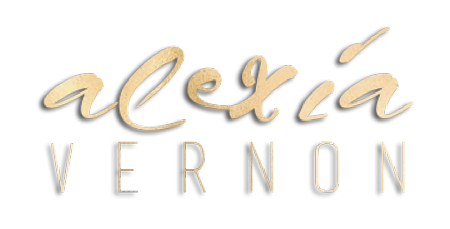As many of you saw on Facebook, I had the extraordinary privilege of delivering a talk, “The missing ingredient in most women’s leadership programs,” at the United Nations last week – in conjunction with the Commission on the Status of Women. I’ve been asked by many of you how this opportunity emerged, and while I’ve never been one to “kiss and tell,” how the opportunity unfolded is at the heart of what I proselytize with respect to securing high quality speaking engagements so I’ll share the high level details.
When I designed Your Spotlight Talk, never in my wildest dreams did I imagine that it would generate some of my favorite speaking gigs, but that indeed has been one delightful, unintended outcome. Because the program attracts not only coaches and online business owners but also CEOs, startup founders, media personalities and change makers, many who are selecting speakers for their companies and events, I’ve been booked several times by my students to speak at their functions. And so it was with the United Nations – a YST’er was curating speakers for an NGO who was sponsoring the event.
Lessons I hope you will takeaway.
- Build a community you want to be a member of – not just a leader for.
- When you give tremendous value to your tribe, you will receive tremendous value from your tribe.
- Some of the biggest opportunities will be those you don’t actively pursue. It takes hustle and flow in speaking and in business.
While it’s unclear if I will be able to obtain video footage from the event, you can see a short video excerpt from the talk below. (Would love to hear what you think in the comments at the bottom of this post!)
In many ways, the fact that I only have a few less than 30 second clips from the talk is appropriate, given that our program time was shrunk from an anticipated two hours to just under 30 minutes.
You see the event was thrown to spotlight global approaches to women’s leadership, and it was hosted to honor the First Lady of Nigeria. Her group arrived at the event…two hours late!
This meant that the speaking program (and dinner) was rushed, I had to shave a few minutes off of my prepared talk on the fly, and one amazing woman never had the chance to share her insights. However, this should not have been so surprising given Nigerian cultural approaches to time, particularly for those serving in high profile leadership positions.
Yet so often, we “get it wrong” when we are speaking to an audience from a different culture. (And to be sure, culture can refer to nationality, race or religion but it can also refer to age, industry and many other identity markers).
Several years ago I had the opportunity to address several hundred REALTORS® at the annual National Association of REALTORS® Conference. It was in the throes of my “generational expert” days, and I pioneered a generational intelligence quiz with the group that tested their awareness of Millennials, Generation X, Baby Boomers and the Silent Generation. For me, it was just a fun activity to elicit some laughs at the beginning of my presentation. But for over 50% of the group, it was the highlight of the presentation. I saw dozens of rave reviews with comments like these:
Alexia helped me reevaluate my client experience for the different generations and realize why I have been building rapport with my generation but not with those generations more removed from mine. What an epiphany!
While the essence of you as a speaker need not adjust for your respective audiences, even at the U.N. I had a few sassy moments and one member of the Nigerian delegation told me on stage I was like a “skinny hurricane” (I think that’s a good thing!), the particulars of how you speak to you audience must evolve if you are seeking to connect with and truly impact them. How you narrate stories, choose examples, ask questions, hold silence, use non-verbal body language and so forth must be considered and rehearsed to be appropriate for the audience before you.
I’d love to know in the comments below, have you ever “gotten it wrong” for an audience by forgetting to think about cultural considerations?
And if so, what have you committed to doing differently as a result?


